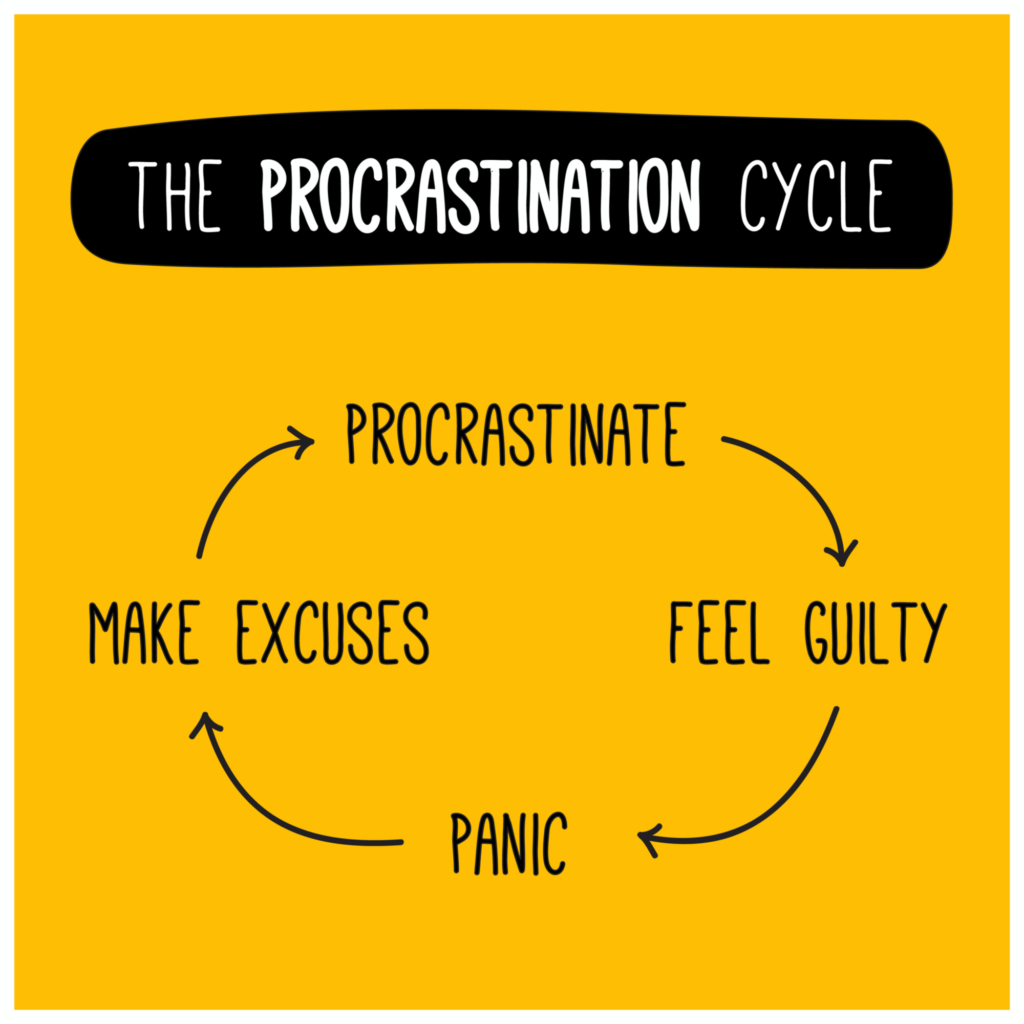By Anastasios-Fotios Tsochatzidis,
Has it even occurred to you to desperately want to complete a task that in your mind is really important (send an email, study for an upcoming test etc.), but realise that you keep delaying it by doing another activity that is not equally important? Sounds familiar? If so, keep reading, because you are not alone! According to researchers, about 20% of the world’s adults are victims of procrastination and as many as perhaps 70 to 90 percent of undergraduates are chronic putter-offers. However, what is procrastination really and how can we minimize this syndrome of delaying things?
First and foremost, according to specialists, we should not confuse procrastination with laziness, because there is a great difference between the two. Procrastination is an active process, in other words you choose to do something else instead of the task that you know you should be doing. In contrast, laziness suggests apathy, inactivity and an unwillingness to act. Moreover, we do not procrastinate all the same way. There are correlations between personality traits and the way we procrastinate. Some people scroll down on Instagram, others read articles online or check their emails, others talk on the phone for hours. Nevertheless, a thing that we all have in common is our motive for procrastination, which is our inner fear to face an important task awaiting us. It is this negative feeling that we want to get rid of which leads us to procrastination. However, psychologists suggest that procrastination is treatable and there are several steps to follow in order to minimize its effects in our lives.

One of the most well-known advices is to get more organized. You cannot be focused on your work if you do not know what assignments need to be completed. Furthermore, creating a timeline or a schedule is highly recommended. The thing here is to be as precise as you can possibly be. Write down everything you have to do and adjust your to-do-list to your timeline. Another good advice is to set simple, achievable goals. Part of the reason we procrastinate is because the task at hand seems too daunting. Hence, a step into the right direction is to set deadlines for completing the goals that we have set. Again, being as precise as you can possibly be is fundamental and makes this whole procedure not only easier in your mind, but also more desirable. Moreover, one of my favorite steps that I have personally tried is to use incentives. For instance, train your mind to think like “if I complete this task within the next three hours, I’ll watch an episode of my favorite series on Netflix.”
Nonetheless, the most useful advice of all is to bear in mind that procrastination –in most cases- is not a sign of a serious problem or a mental illness, but it is just a common tendency that most people give in to at some point or another. In other words, procrastination is definitely not something that is negligible, as the reality is that it can have a major impact on our lives, but at the same time we should not be too hard with ourselves when tackling procrastination. It is inevitable for all of us to face procrastination at some point no matter how organized we are. However, our reaction to procrastination and our persistence in following some of the aforementioned steps can be proved time-saving and can lead us to more productive and balanced lives.
References
- How to stop procrastinating? Overcoming the habit of delaying important tasks. Available here.
- Susan Krauss “The Paradox of Procrastination” Posted on “Psychology today” April 10, 2012. Available here.
- Research about procrastination among university students. Available online at sciencedirect.com. Available here.




